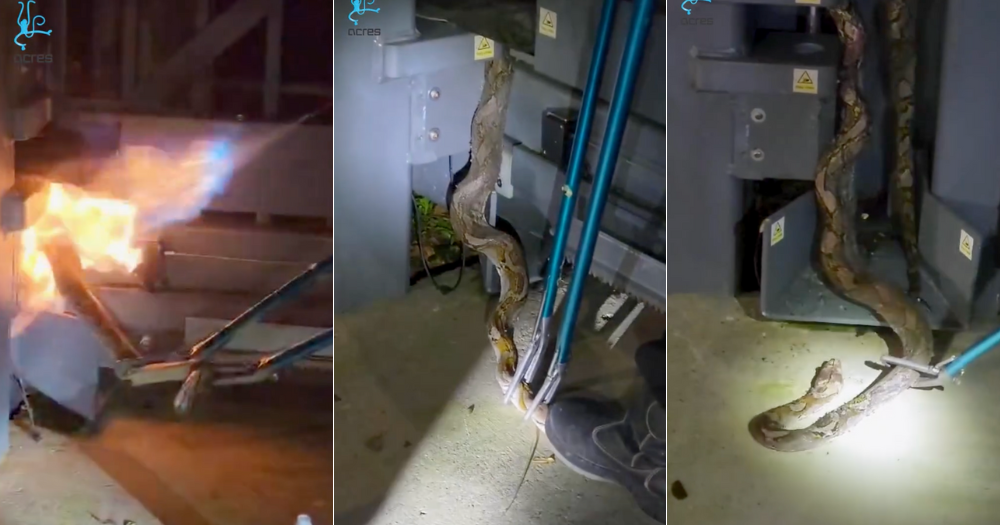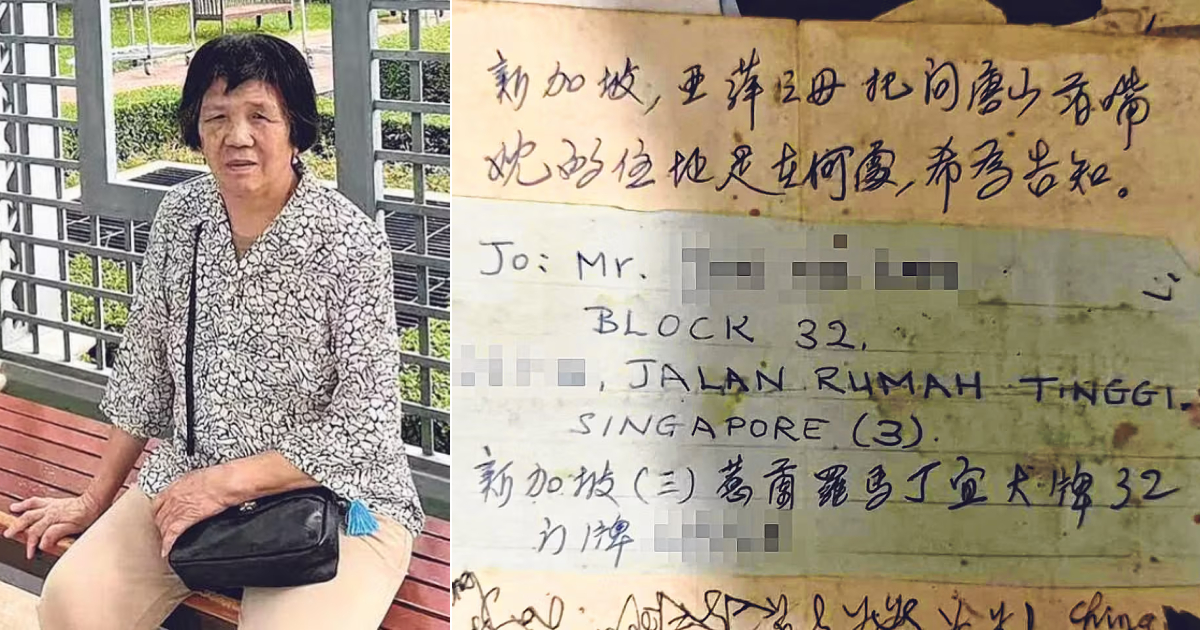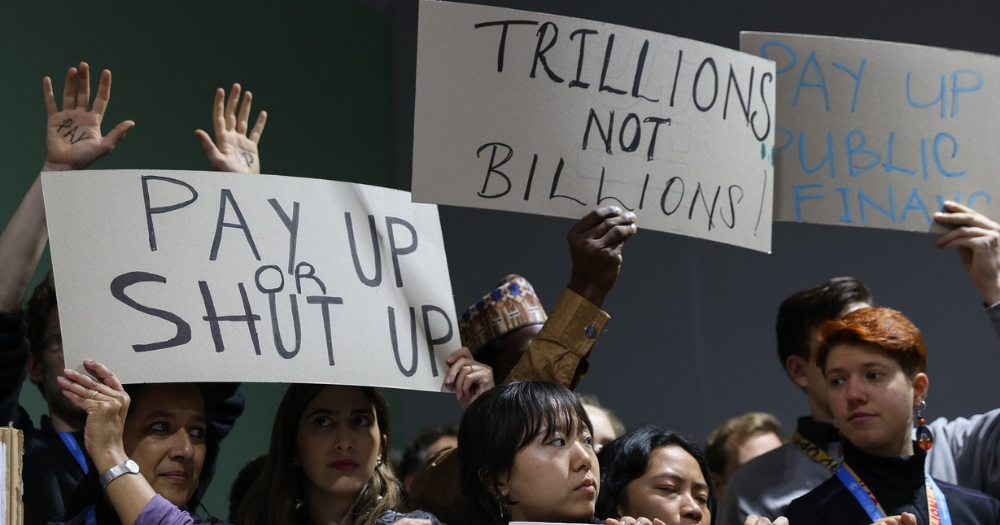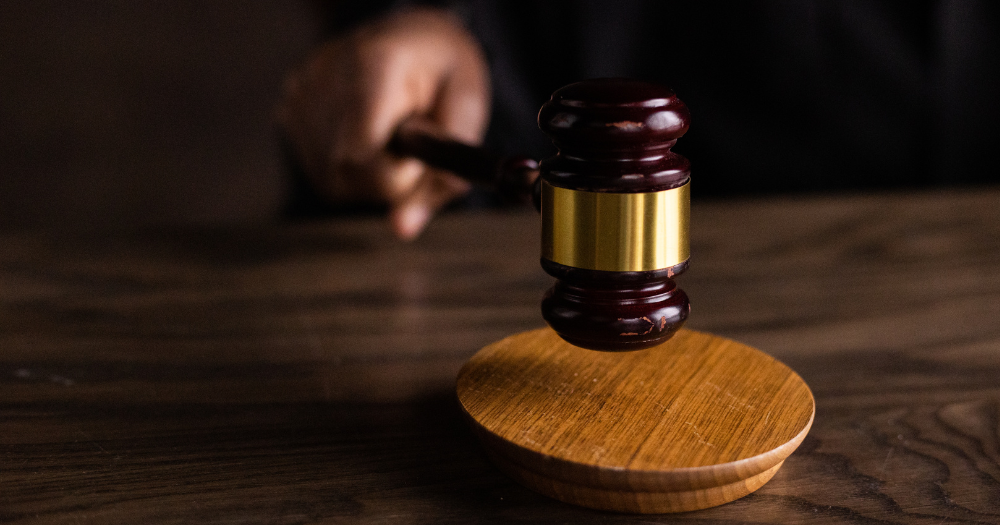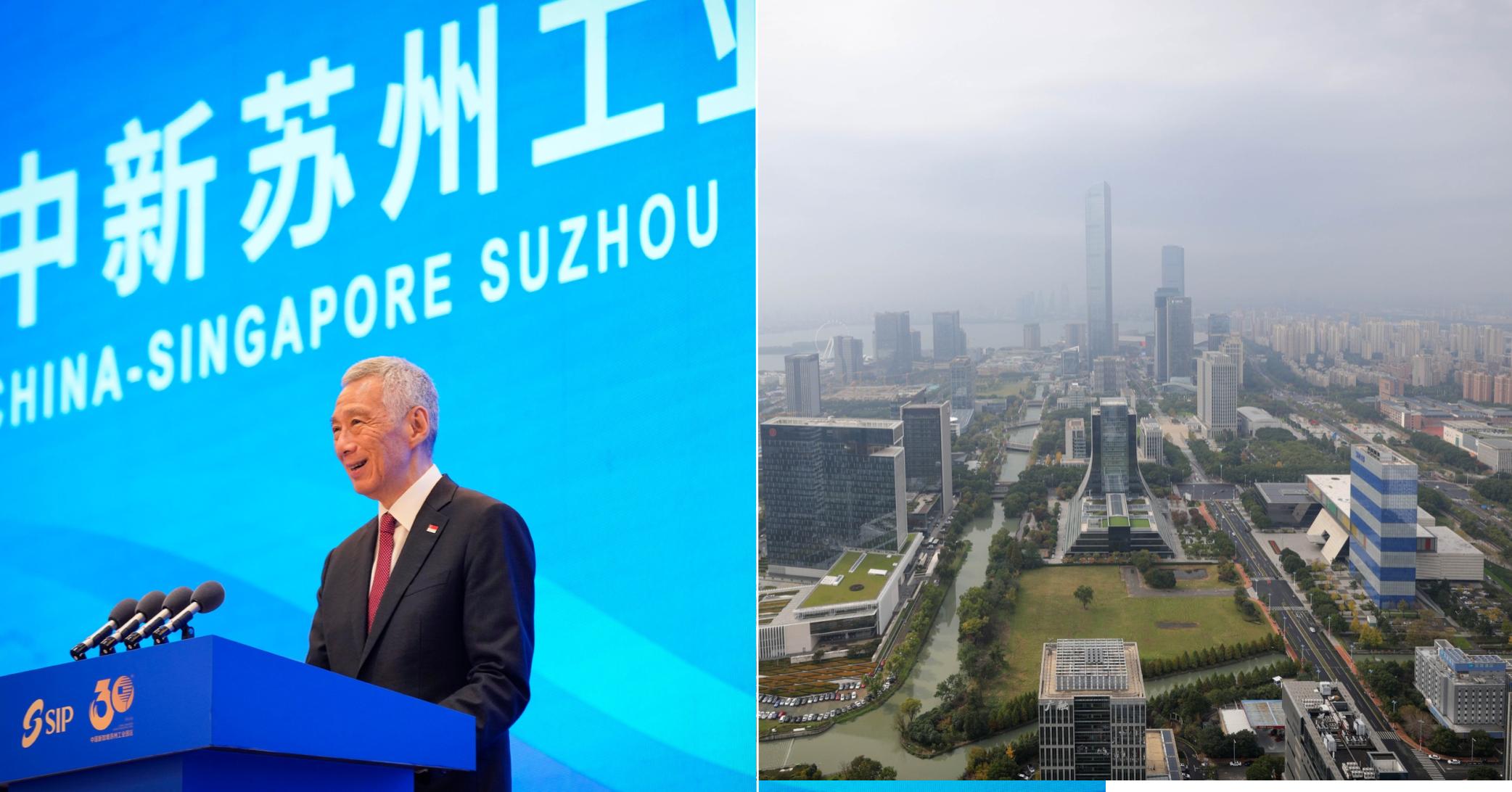Trump accuses China, Canada & Mexico of fuelling US drug problems, threatens up to 25% additional trade tariffs
The tariffs, if implemented, will be on top of any other tariff that Trump decides to impose.
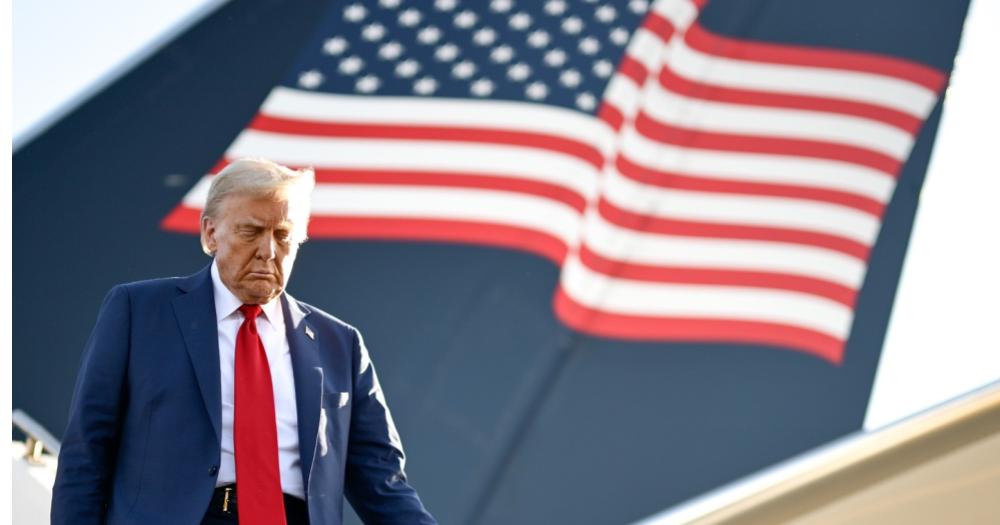
United States president-elect Donald Trump has threatened the U.S.’s direct neighbours and close allies Canada and Mexico with 25 per cent tariffs on all imports, and an additional 10 per cent tariff on goods from China.
Pouring drugs in the U.S.
Bloomberg reports that Trump made the tariff threats in two posts on his social media platform, Truth Social.
Trump posted on Nov. 25 claiming without evidence that all three countries were allowing large amounts of drugs to “pour into” the United States.
Trump said that he had talked with China, likely during his first administration, about the "massive amount of drugs" being sent to the U.S.
Trump said that China’s representatives had promised to use the death penalty against drug dealers, but had failed to follow through.
It was now supposedly allowing the drugs to enter the U.S. mostly through Mexico, at levels “never seen before”.
To combat this, Trump said that his administration would charge China an additional 10 per cent tariff above any additional tariff on all imports.
Trump had previously said during his presidential campaign, that he intended to implement a 60 per cent tariff on all of China's imports to the U.S., but that threat had not been related to combating drugs.
Instead, those tariffs were aimed at persuading U.S. companies to “reshore” manufacturing from China back to the U.S.
With friends like these…
Trump also threatened Canada and Mexico with tariffs, the U.S,’s closest trading partners and neighbours.
Trump said that one of his first executive orders on Jan. 20, 2025, after his inauguration, would be the signing of all necessary documents to charge Mexico in Canada, a 25 per cent tariff on all products coming to the United States, and its “ridiculous open borders”.
He accused Mexico of allowing a caravan of migrants composed of thousands of people, who seemed to be on an “unstoppable quest to come to the U.S. border”.
Trump said that the 25 per cent tariff would remain in effect until “drugs, in particular, fentanyl, and all illegal aliens stop this invasion of our country”.
“Both Mexico and Canada have the absolute right and power to easily solve this long-simmering problem.
We hereby demand that they use this power, and until such time that they do, it is time for them to pay a very big price.”
This is in line with Trump's determination to use tariffs as a big stick with which to address most of the U.S. problems.
Trump has previously said that he believes that the word tariff is the most beautiful word in the dictionary, as quoted by the Guardian.
New treasury secretary
However, observers have opined that Trump’s tariff threats are hyperbolic, and this belief was reinforced by his appointment of Scott Bessent as the next U.S. treasury secretary.
The Financial Times reports that investors hoped Bessent, a gay man, billionaire, hedge fund manager and "Wall Street veteran" would be able to soften some of the president-elect’s aggressive tariff policies.
Bessent spoke with FT in October, where he said tariffs are a "maximilist threat", that could be paired back during trade negotiations.
Bessent said his view of Trump was that he was “a free trader”, and that he “escalated in order to deescalate”.
One of Trump’s first acts as president in 2017 was to pull out of the Trans-Pacific Partnership, an expansive multilateral trade agreement, making Bessent’s assertion that Trump was “a free trader” curious to say the least.
No one will win a trade war
Trump's strategy appears to have caused no small amount of consternation amongst the affected countries.
While Mexican officials have yet to respond to Trump’s threat, China and Canada have responded, the former directly and the latter obliquely.
The Wall Street Journal reports that a spokesperson at China’s U.S. Embassy in Washington said the U.S.-China economic and trade cooperation was “mutually beneficial”, and that “No one will win a trade war or tariff war.”
The WSJ further reports that China has previously accused the U.S. of making it a scapegoat “for its own failings” in fighting domestic drug addiction.
A pair of Canadian ministers, the deputy prime minister and the public safety minister, issued a statement that, while not addressing Trump’s tariff threat directly, sought to remind the incoming administration that Canada was not just an exporter to the U.S., it was also the largest buyer of U.S. exports.
Canada, the statement said, bought more from the U.S. than China, Japan, France, and the United Kingdom combined.
It added that Canada and the U.S. had one of the strongest and closest relationships, especially on trade and border security, and would "discuss these issues with the incoming administration”.
Bloomberg reported that Canadian Prime Minister, Justin Trudeau, spoke to Trump soon after the post, speaking about border security and trade.
The Canadian statement also said that Canada provided 60 per cent of U.S. oil imports.
While there was no explicit or implied threat, it might serve as a reminder that Canada had tools of its own in a tariff showdown.
Related stories
Top image via Donald Trump/Facebook
MORE STORIES








